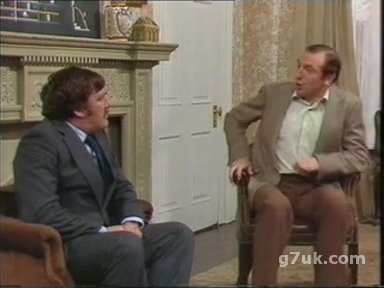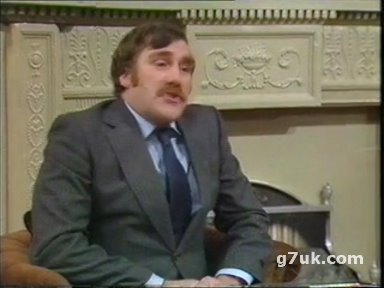In the midst of the hysteria surrounding the TV series “It’s A Sin”, many articles have been published about what gay life was like in the 1980s. Supposedly…
In those days many of us gay men were out and proud and we didn’t seem to face much homophobia personally. If we did, we tended to laugh it off. It was all about living your best life, being happy, confident, healthy and strong and being part and proud of a worthwhile community.
AIDS did have an enormous impact initially, when we weren’t even sure how it was spread. I can remember having a drink in The Rembrandt and wondering whether HIV could be transmitted by a dirty glass. That wasn’t through ignorance of the facts, as it would be now; in 1983 experts still weren’t sure how HIV was transmitted or why it led to AIDS.
But, by 1984 or 85 we knew how to protect ourselves (with a condom) and most of us did. Everyone had their own experience of course, but many of the gloomy articles don’t ring true to me. It’s odd.
By the late 1970s the idea of gay life being a twilight world in which we scurried about in the shadows was already such a cliche that it was used as a joke in the BBC TV series “The Fall and Rise of Reginald Perrin.”

In the episode, Reggie hosts a self-help group at his “therapy commune” because Doc Morrissey, the resident psychiatrist, has “had to go and see a psychiatrist”. Reggie asks if anyone in the group has a problem they would like to talk about.
“I’m a raving poof,” one man blurts out. There’s no disgrace in that, replies Reggie, who stops short of repeating the “P” word out of politeness. The man goes on to explain that yes there is “if you own a small factory in The Potteries.”
“It’s bad for trade in The Potteries if you’re widely known as a ‘jessie’,” he says.
What makes this even funnier in retrospect is that the factory owner is played by the actor David Ellison. A few years later he became better known as the gruff police sergeant Joseph Beck in “Juliet Bravo.”

“And so I lead a double life of sad deception,” he continues. “By day solid businessman — pillar of the Rotary Club. By night a shadowy figure in the gay clubs of the Five Towns.”
So having self-identified as a “raving poof” the man goes on to talk about himself in these hackneyed terms.
“Well done,” says Reggie. The next patient is an insurance salesman and it’s hinted that this is worse than being a homosexual and needs a cure.
The reason the audience laughs is because by 1978 the factory owner’s story was already a well-worn and outdated cliche about being gay. And to get a laugh it had to be something that a mainstream BBC audience recognised. Just think about that…
But 43 years after this was broadcast, people, including those in gay organisations, continue to peddle the idea that this was the everyday reality of gay life in the 1980s and even the early 1990s. And, whereas TV moved on from cliched gays, nowadays “our own” like nothing more than a good stereotype if it brings in a bit of funding.
So they tell the public and doctors that we’re more likely to be mentally ill, a drug user or an alcoholic and at least some of this seems to be based on dubious research. They do it because there’s money to be made from sympathy seeking, pandering to stereotypes and playing up tragedy and victimhood. It’s unhealthy.
Watching this in the 1980s I don’t recall being offended by the use of the phrase “raving poof.” Being offended and triggered, instead of brushing it off and laughing (at something that is very funny), is another part of the current culture of victimhood. It isn’t progress.

